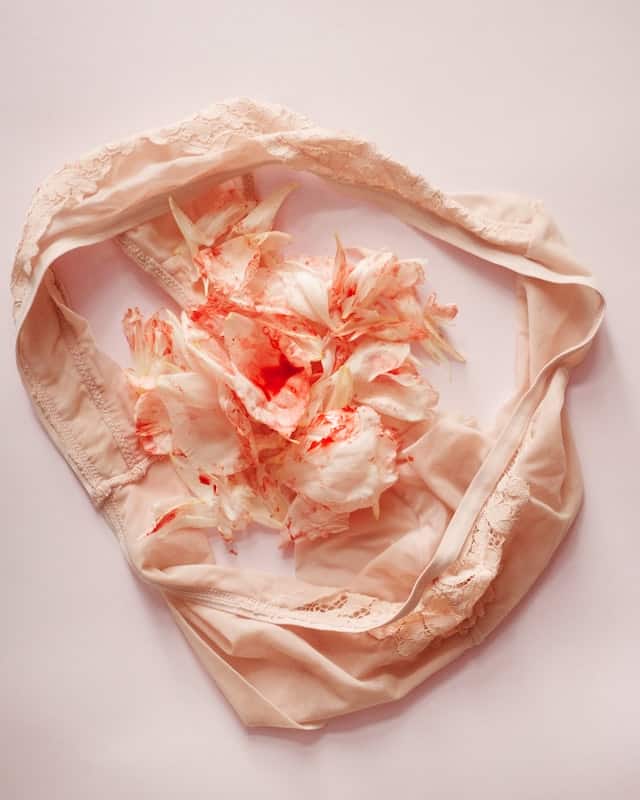Period. Growing up, this was a ‘taboo’ and uncomfortable subject to talk about. Girls I know created code names for it. I was also too shy to speak about it. Thankfully, we are growing towards a more open mindset where we are slowly getting better at speaking about Period.
So what exactly is Period Poverty? Why should we end it? Well, according to Medical News Today (2021), Period poverty refers to the lack of access to menstruation products, education, hygiene facilities and waste management. Period poverty should end because it causes physical, mental and emotional distress to women.
Did you know?
- An estimated of 500 million people (globally) have a lack of access to Sanitary products and hygiene facilities
- In India, 78% of women don’t have access to Sanitary products, which causes them to use unsanitary items- tissue, socks, cloth, plastic
- Estimated of 1 in 5 American girls missed school because of the lack of Period protection
- In some states, Sanitary products are taxed at 4.7% to 9.9% (Greatist, 2022)
These statistics prove my point of the significance of discussing more on Period and Period poverty. Period poverty also exists due to the lack of education surrounding Period. If Period is consistently stigmatised, how else will young girls learn more about their bodies? If schools are able to allocate a certain time or programme just to speak about menstrual health, wouldn’t that be incredible? There are some countries that carry out such activities, but it’s still not a global initiative as of now.
Other than lack of income as well as lack of access to education, there are still other causes to Period poverty. Let’s take a look.
Lack of hygiene facilities is also a leading reason for Period poverty. In how many toilets do we see Sanitary Products? Sanitary products are just as important as toilet paper. Sometimes women might forget to bring their Sanitary products, or in some cases period may come suddenly for them and they might not be prepared (yes, we do have calendars to track our Period, but some might come earlier while some may be later, we wouldn’t know).
So far, we have seen the causes of Period Poverty, but what exactly are the consequences of it. Period poverty can affect a woman’s physical, emotional and social aspects. Let me break it down for you.
When a woman uses products or items that are not meant to be used as a Sanitary Product (eg: Toilet paper, Cloth, Plastic etc), it can be detrimental to their health. Women can develop different types of infections due to the use of inappropriate items. In other cases, when women use the same Sanitary product for a longer number of hours (then recommended), it can increase the risk of Toxic Shock Syndrome (TSS). Although TSS is a rare infection, it should still be taken note of.
Period poverty also affects a woman’s emotional aspect of life. Other than stress, some women may go into episodes of depression and/or anxiety surrounding their Period. The stigma around Period in such countries does not help the emotional distress that women face in such challenging situations.
Besides that, Period poverty affects one’s social life. As mentioned earlier, 1 in 5 American girls do not attend classes due to the lack of Period protection. Not only that, in some cases and countries, girls might stop schooling because of Period Poverty. A right to young girls’ education is taken away from them because of Period Poverty! As for working adults, some women skip jobs as well due to the same challenges they face. It’s terrible!
So, how can we try to end Period Poverty?
Firstly, support from the Government, health sector, schools and the people is really needed and important.
Governments should reduce taxes (where applicable) for women who are already unable to afford Sanitary products. The Government should also create and/or enhance hygiene facilities. The health sector could help to educate and raise awareness of topics relating to Period. Schools should have programmes and talks about Period without any judgments. Individuals can step in to donate to trustable organisations, participate in campaigns, events etc and be open and judgement-free when speaking about Period.
We can all work together to end Period Poverty! Women all around the world are trying to manoeuvre their way through life and achieve their dreams and goals despite the obstacles they face. We shouldn’t let Period be the reason to their unfulfilled purpose and dreams in life. Let’s End Period Poverty!






